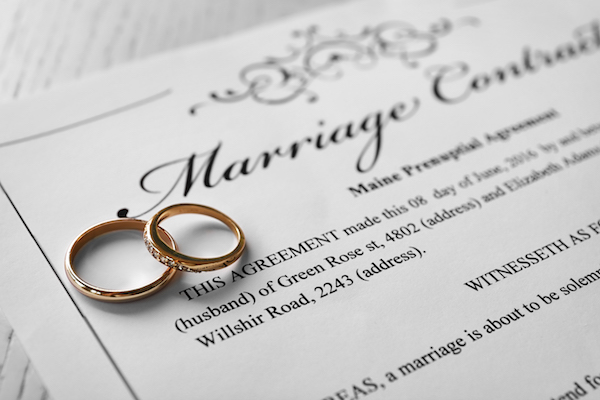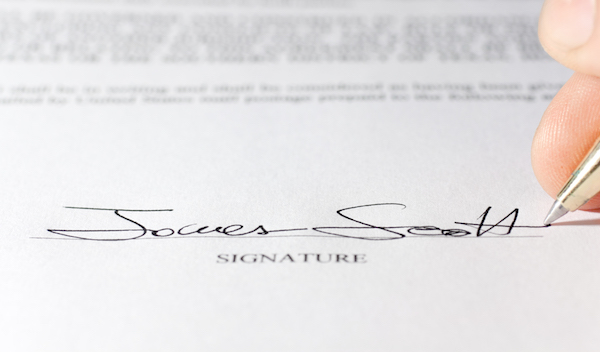Did you know that married women in the Philippines are not legally obliged to change their last names? According to Article 370 of the Civil Code of the Philippines, “a married woman may use either of the following: (1) Her maiden first name and surname and add her husband’s surname, or (2) Her maiden first name and her husband’s surname, or (3) Her husband’s full name, but prefixing a word indicating that she is his wife, such as ‘Mrs.'” You also have the option to keep your maiden name, and not change your name at all. Ultimately, the choice is up to you. But think carefully before you make a decision, because it might be difficult to make changes, for example, on your government IDs later on. So, let’s talk about these options. Read on and let us know your opinions!


It’s completely understandable why you wouldn’t want to change your name especially when you’ve earned recognition while you’re still single or you simply prefer the sound of your own surname. Reasons such as close familial ties may also encourage you to keep your maiden name, too, especially if you don’t have brothers who will be able to carry your family name. Again, keeping your maiden name is allowed for a married woman. The law simply gives you the option and right to use your husband’s last name if you prefer. There’s also something so empowering about being able to carry your own name, and being treated equally.
What about your kids or future kids’ surnames? A recent supreme court ruling declares that legitimate children are allowed to carry either the mother’s or the father’s surname. This ruling applies Article 364 of the Civil Code which states “legitimate and legitimated children shall principally use the surname of the father.” The word ‘principally’ does not mean exclusively, which means your kids are not limited to just using the father’s surname.

The downside is that our culture is not accustomed to this, and our elders might even frown upon this choice. Some establishments, agencies, and institutions may also require you to verify your civil status by asking you to present a marriage certification. This is usually true in the case of applying for personal loans, travel requirements, and the like when you’re already married. Just be sure to double check government requirements and other protocols to avoid the hassle!

Another option is to add your husband’s surname to your own by connecting them with a hyphen. This may be a good compromise if you want to keep your own surname and still have that sense of union with your husband’s family. You can also choose to hyphenate just for social purposes such as social media profiles or your business cards. If you work with longtime clients, and if name recall matters in your profession, then you can also consider hyphenating.

The downside is that your name might become too long and harder to remember. Your friends and colleagues might automatically revert to your maiden name or your married name without the hyphen when they address you.

This is the most widely practiced option for married women. Not only is it traditional, but it gives you a sense of belongingness with your new family. You emphasize becoming one as husband and wife when you share the same name. Sharing the same surname will also make it easier when you have children, because it does prove you are one family.

But what’s the downside? Similar to hyphenating your name, it might take a while for colleagues and clients to get used to calling you by your new last name. You might encounter instances where people won’t immediately recognize you when you are referred to using your new last name. Some women might also feel like they’re giving up part of their identity by taking a new surname. There’s also the nitty gritty of changing your last name on all your identification cards.

When you change your name, you must be 100% committed to it. If you suddenly decide to revert to your maiden name, you might encounter difficulties and limitations. As stipulated in the Philippine Passport Act of 1996, “a married woman may only revert to her maiden name for instances such as legal separation, annulment, or the passing of a spouse.”
Brides, you do have options. You can always talk about changing, or not changing, your name with your hubby-to-be so he can help you decide. Marriage is about unity and your commitment to one another whether you have the same name or not. What do you think? Which of these options sound more appealing to you?
Sources:
Official Gazette. Republic Act No. 386.
Philippine Commission on Women. Use of Maiden Name.
Buan, Lian. Supreme Court: A child can bear the mother’s surname. 26 February 2021.









